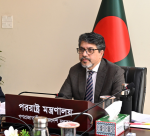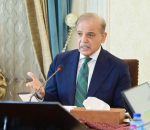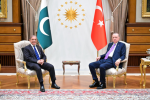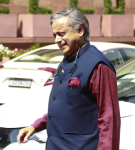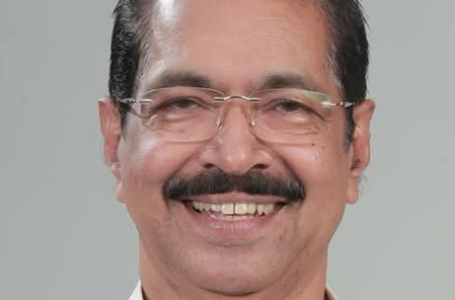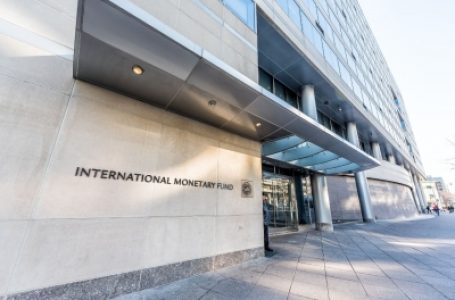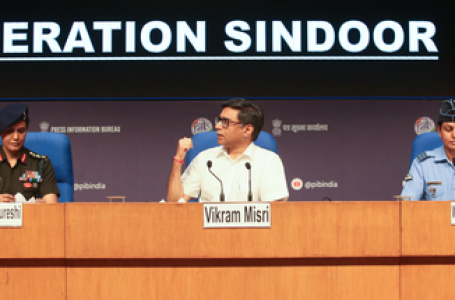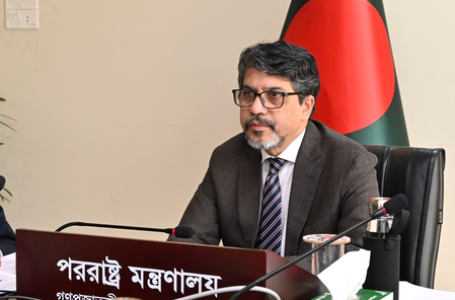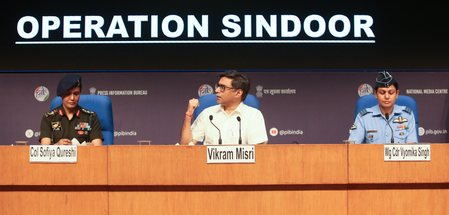
New Delhi: For India, diplomatically and otherwise, the past two months have been particularly difficult in the neighbourhood, with tensions escalating on its western and eastern borders, with its two largest neighbours. This is in addition to the tectonic tariff turmoil unleashed by the Donald Trump-led administration in Washington.
Problems with Pakistan escalated dramatically after the gruesome killing of 26 innocent tourists in Pahalgam, by terrorists abetted by elements in that country. A forceful Indian response became necessary and, after India informed them of its intent to strike terrorist-related infrastructure within Pakistan, Islamabad chose to react on behalf of the terrorists, thereby clearly showing to the world how integral these players are towards the policy it conducts, particularly against India.
After a dramatic escalation in military engagement, hostilities were toned down and a ceasefire tentatively put in place, providing a possible opportunity, at some point in the future, for both countries to engage diplomatically. The path, however, appears anything but smooth, especially with the surprise elevation of Pakistan’s chief of army staff, General Asif Munir, to Field Marshal rank after the ceasefire was arrived at. Munir is widely seen as the man who instigated the violence against India at Pahalgam and of fomenting a false narrative for more widespread hostility.
Field Marshall Ayub Khan elevated himself to 5-star rank when he was president of Pakistan. In India General Sam Maneckshaw was made Field Marshall after the 1971 war, in which the victor state was clear. It remains unclear what kind of military victory Islamabad feels happened in May 2025 to warrant Munir’s elevation. It is not an encouraging prelude for the likelihood of talks.
India has made clear that all diplomatic measures put in place since the Pahalgam attack, including keeping the Indus Waters Treaty in abeyance, and a complete trade embargo – with Indian Prime Minister Narendra Modi clearly saying, “Terror and trade cannot go together…. Water and blood cannot flow together” – remain firmly in place for now.
In addition to its “all weather friend” China, Pakistan did receive support during its recent military engagement with India from Turkey and Azerbaijan and, tacitly, from Bangladesh, which has emerged as an irritant for India.
The interim government in Dhaka, headed by Mohamed Yunus (formed in cooperation with the Bangladesh army, the Bangladesh Nationalist Party (BNP), students’ organisations and some radical Islamic elements) has shown clear intent to restore Pakistan’s favoured presence in Bangladesh. The Yunus-led administration’s inability to control increasing incidents of crime and domestic lawlessness and comments on India’s internal matters have not been welcomed in India, which once viewed and even bolstered Bangladesh as the frontline state for its ‘Act East Policy.’
For New Delhi, the regular pattern of pinpricks emanating from Dhaka ever since the sudden removal of Sheikh Hasina from office last August has become a new challenge, which it is tackling diplomatically. India is taking small, but significant, steps to counter Dhaka’s pinpricks by hitting where it would most likely hurt a financially-strapped Bangladesh.
In response to a statement Yunus made in March in Beijing, saying India’s Northeastern states were landlocked and Bangladesh was the only route to the sea (Bay of Bengal), India has now cleared the high-speed four-lane Shillong – Silchar highway as a continuation of the key Kaladan multi-modal transport corridor project it had planned with Myanmar. This route will bypass Bangladesh and offer a new sea route between Kolkata and the North-eastern states, via Myanmar.
Additionally, after Bangladesh banned the import of yarn from India by the land route, India hit back and cancelled the trans-shipment facility for the export of goods from Bangladesh to third countries. India also banned the import of Ready Made Garments, snacks and confectionary, cotton and cotton yarn waste, plastic and PVC finished goods and wooden furniture from Bangladesh by road, tightening the reciprocal trade restrictions regime between the neighbouring countries. India’s restrictions on imports from Bangladesh via its land ports will hit hard, likely impacting nearly 42 % of total bilateral imports.
Added to the grave security situation after the political upheaval removed Hasina from power, India has increased border security measures and decided it will take strict reciprocal steps and do whatever it takes to ensure that the trouble from its eastern border is limited.
A state of volatility along both its major borders is not good news for India which will, perforce, have to devote more resources to tackle an enhanced and two-pronged security threat. It will require much more than the good offices of its parliamentarians from across the political spectrum fanning out to all corners of the world to explain the grave and present threat from Pakistan’s state and terror nexus to ensure that the threat is effectively handled. The unfolding scenario will require constant scrutiny, at all levels.
INDIA NEWS STREAM



 by Nilova Roy Chaudhury
by Nilova Roy Chaudhury
